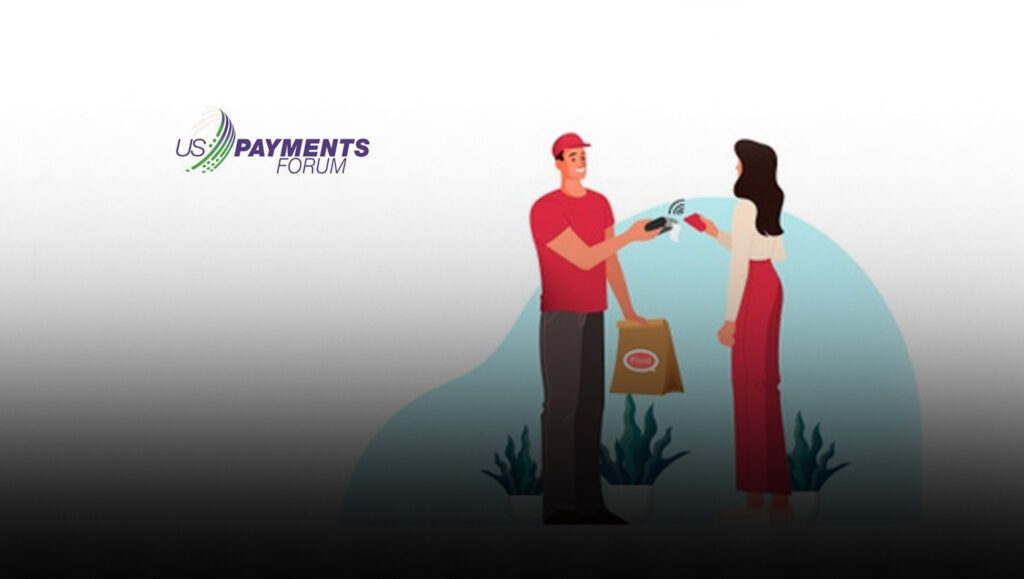The payments landscape and customer expectations have greatly evolved in response to COVID-19, with many implementation considerations for the industry as it meets the demand for new payment technology. The U.S. Payments Forum has released several new resources focused on improving the contactless payment experience at the point of sale (POS), securing online channels against payment fraud, and accelerating the adoption of contactless open payments in transit. These resources are part of the Forum’s ongoing efforts to provide education and actionable guidance on timely and essential topics for the payments industry.
Read More: Phunware Partners With Phynd Technologies To Deliver Enhanced Digital Front Door On Mobile
“There has been an incredible amount of change in the payments space this year in response to COVID-19, and the U.S. Payments Forum responded by prioritizing the emerging needs of the industry,” said Randy Vanderhoof, director of the U.S. Payments Forum. “The new resources are a result of these efforts and address implementation considerations for cardholder experience and fraud mitigation that are industry priorities.”
Securing Online Payment Channels Against Fraud
The “Card-Not-Present (CNP) Fraud Mitigation Techniques” white paper was developed by the Forum’s CNP Fraud Working Committee to give merchants, issuer processors, payment service providers (PSPs) and merchant processors and acquirers a high-level look at methods to reduce fraud for e-commerce transactions. It gives insight into currently available techniques along with considerations and attributes for each technique. The white paper can be used to assist in evaluating which solutions are most beneficial for their use case.
Mitigation techniques discussed in the white paper include multifactor authentication, fraud scoring, transaction alerts, address verification and others.
Read More: Vesttoo Announce Participation In IBM Alpha Zone Accelerator
Improving the Contactless Customer Experience at the Point of Sale
As merchants enable contactless payments at the POS, they need to configure different limits used in contactless transactions, such as limits based on the transaction value or cardholder verification method. Implementation of limits can lead to varying consumer experiences and cause confusion. The Forum published a white paper, “Contactless Limits and EMV Transaction Processing,” to provide merchants, acquirers and issuers with guidance on how contactless limits are used during EMV contactless transaction processing in the U.S.
This resource covers contactless limits, the differences among contactless consumer devices, and the implementation requirements for individual payment networks.
Accelerating Adoption of Transit Open Payments with Consistent Customer Messages
Widespread commuter adoption of transit open payments depends on clear, consistent communication about contactless bank card acceptance, whether virtual or physical, at enabled points of entry. The Forum’s Transit Contactless Open Payments Working Committee developed “Best Practices – Customer Messaging for Transit Open Payments” to help transit agencies promote the use of contactless open payments in their markets. The resource provides communications practices by implementation phase and media channel, and relevant examples of current communications from transit agencies, payment networks and mobile wallet providers.
Read More: Nuventive Improvement Platform Now Available In The Microsoft Azure Marketplace





















